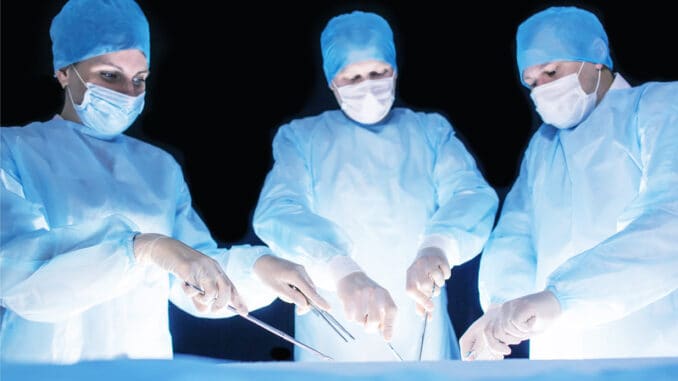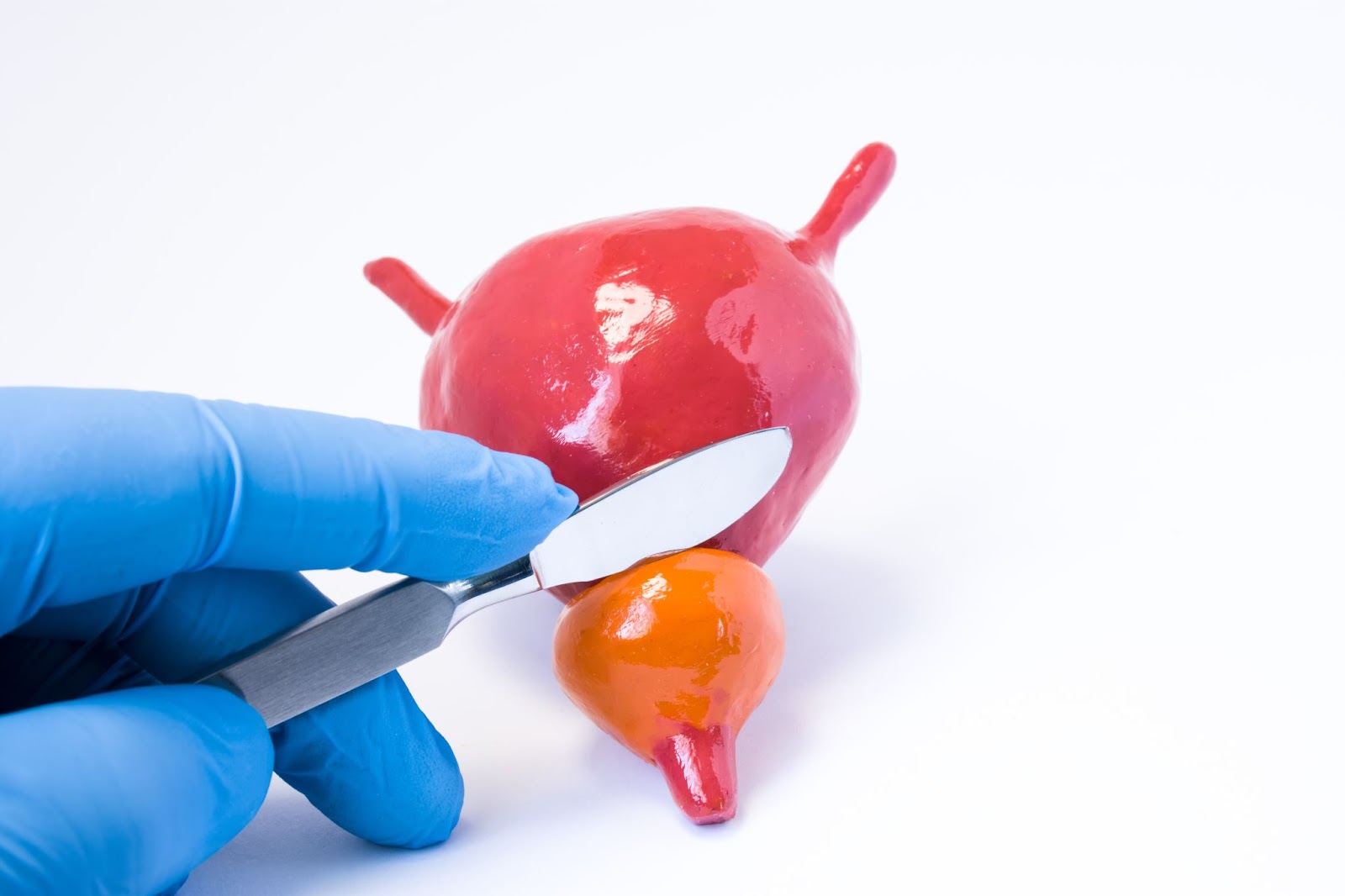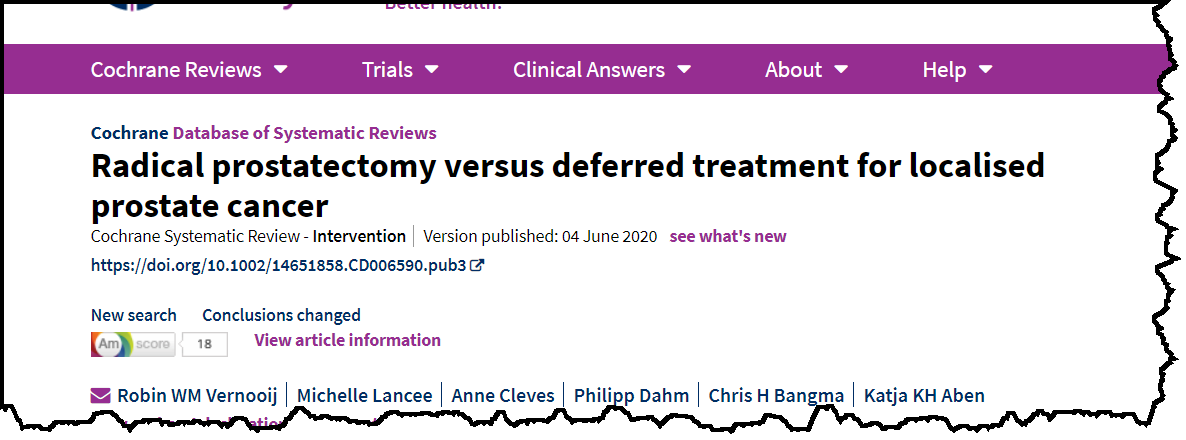
This is what doctors don’t say…

Story-At-a-Glance
Matt Cook here, and before men resort to snipping, cutting, or burning any parts of their prostate away…
I always suggest trying natural treatments first.
Especially since many common prostate treatments come with nasty side effects…
…side effects that men rarely hear about BEFORE they get these treatments…
Like radical prostatectomies… here’s what they’re NOT saying…
—-Important Message From Lloyd Lester—-
How to reach the deepest parts of her lady bits that are begging to be filled…

This method doesn’t focus on using harmful pumps or pills to gain size…
And there’s no stressing and stretching your manhood with harsh exercises…
Plus, it doesn’t require buying expensive equipment that can scar or injure your member…
With this method, you’re simply “recreating” the conditions in your body that caused the explosive growth of your manly shaft during puberty.
In other words, it’s going to restore the teenage growth you once had decades ago!
Fact is, it was never gone. That “growth” is still there…
But only if you’re willing to spare a few short minutes to get it restarted…
———-
Why I would never ever get a radical prostatectomy
I get some emails with pretty dramatically terrible stories from men who have undergone radical prostatectomy surgeries.
Guys experience lots of problems peeing, problems with rockiness, and sometimes even get cysts.
This procedure can be super bad news.
This might be acceptable if radical prostatectomies were life extending…
But the evidence doesn’t show that life extension is something that normally happens with a radical prostatectomy.
In fact, the evidence shows there is no benefit at all to this procedure compared to active surveillance.

Now… before I get into the rest of this article, let me tell you that you should ALWAYS do your own research and consult with your doctor.
This is not medical advice.
If you have certain forms of aggressive prostate cancer, they can be deadly without aggressive treatment.
Part of the problem with how we treat the prostate is training and part of it is cultural.
Doctors are trained to give tablets or cut.
So, if you have an enlarged prostate or prostate cancer one of those two will probably be the go to methodology suggested.
The idea of active monitoring or active surveillance is starting to gain some traction…
…but in my opinion there is still FAR too much surgery going on.
The other part of the problem is that when people hear the word cancer they want to “get it out” usually as quickly as possible.
This can lead to surgery that’s unnecessary.
Because of these influences, I think it’s ESPECIALLY important to look at the data as objectively as possible…
And that all options are considered before “going under the knife.”
Radical Prostatectomy vs. Active Monitoring
Let’s start with a couple of definitions.
A radical prostatectomy is complete removal of the prostate.
Active monitoring is close monitoring with delayed local treatment with curative intent as needed.
As far as all cause mortality goes, there is no real difference between active monitoring and radical prostatectomy.
Based on one study including 1098 participants with 10 years’ follow-up, there are probably no differences between RP and AM in time to death from any cause (HR 0.93, 95% CI 0.65-1.33; moderate-certainty evidence). Based on overall mortality at 10 years, this corresponds to 101 deaths per 1000 men in the RP group compared with 108 deaths per 1000 men in the AM group.
Also, the difference in prostate cancer is not different between the two groups.
Similarly, risk of death from prostate cancer probably is not different between the two groups (HR 0.63, 95% CI 0.21-1.89; moderate-certainty evidence).
So, radical prostatectomy doesn’t prevent death compared to active monitoring, but it DOES give you much worse side effects.
Urinary function and sexual function are both much worse in the radical prostatectomy group.
However, urinary function (mean difference (MD) 8.60 points lower, 95% CI 11.2-6.0 lower) and sexual function (MD 14.9 points lower, 95% CI 18.5-11.3 lower) on the Expanded Prostate Cancer Index Composite-26 (EPIC-26) instrument, were worse in the RP group.
Personally, unless there was concrete evidence that I had a very aggressive form of prostate cancer…
There is no way I would get a radical prostatectomy.
They don’t extend life and they give you nasty long term irreversible side effects.
Instead, I’m going to take steps to keep my prostate healthy for as long as possible.
Reducing internal inflammation is a great way to do that.
And of course, I’m not telling you NOT to get a procedure…that’s for you to decide.
—-Important Message About Taking Care of the Prostate—-
When doctors have prostate problems, this is what they do
Male doctors get prostate problems too.
They wake up at night, over and over again, with the urge to use the bathroom…
…only to barely release a trickle of urine and still feel like they have to go.
They have pee problems that turn into erections problems just like us regular guys, except…
When doctors have prostate problems, this is what they do…
———-

